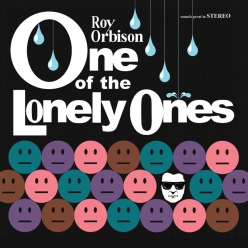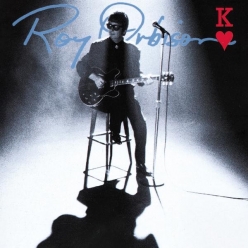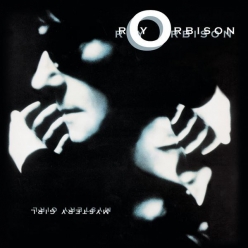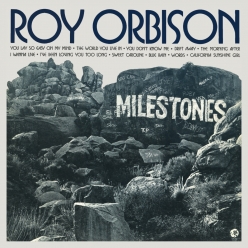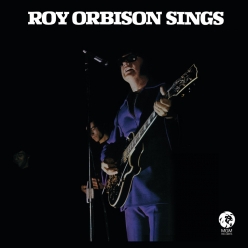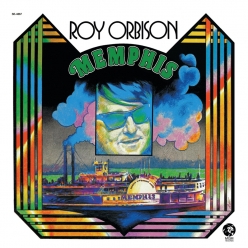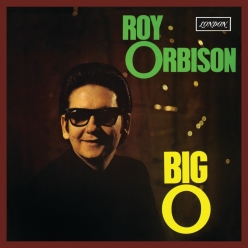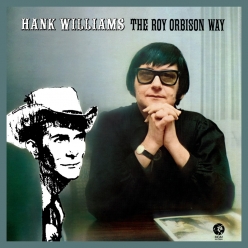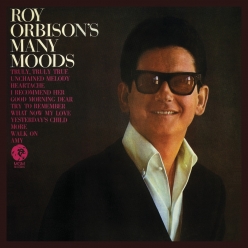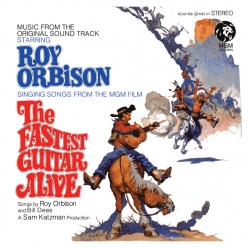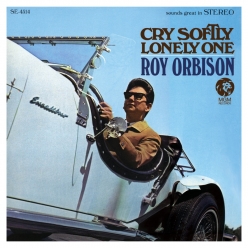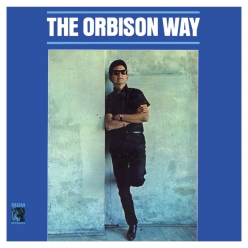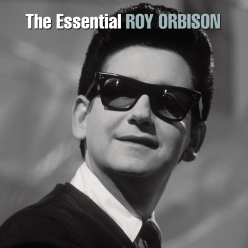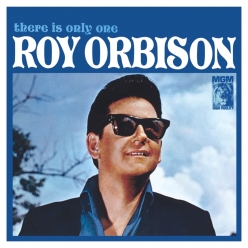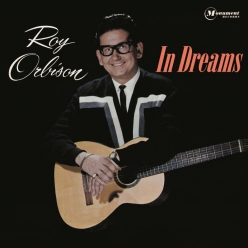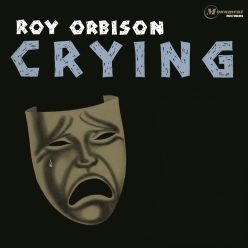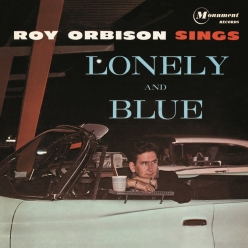Biography
Roy Kelton Orbison (April 23, 1936 – December 6, 1988), nicknamed the Big O, was an American singer-songwriter known for his distinctive, impassioned voice, complex song structures, and dark emotional ballads. The combination led many critics to describe his music as operatic, giving him the sobriquet "the Caruso of Rock". Between 1960 and 1964, 22 of his songs placed on the Billboard Top 40, including "Only the Lonely" (1960), "Crying" (1961), "In Dreams" (1963), and "Oh, Pretty Woman" (1964).
Born in Texas, Orbison began singing in a rockabilly and country and western band in high school. He was signed by Sam Phillips, Sun Records in 1956, but his greatest success came with Monument Records in the early 1960s. While most male rock and roll performers in the 1950s and 1960s projected a defiant masculinity, many of Orbison's songs instead conveyed a quiet, almost desperate, vulnerability. His voice ranged from baritone to tenor, and music scholars have suggested that he had a three- or four-octave range. During performances, he was known for standing still and solitary, and for wearing black clothes, to match his jet black hair and dark sunglasses, which lent an air of mystery to his persona.
From the late 1960s to late 1970s, Orbison was marred by a number of personal tragedies while his record sales declined. He experienced a resurgence in popularity through the success of several cover versions of his songs and the use of his 1963 song "In Dreams" in David Lynch's film Blue Velvet (1986) and his hit "Oh, Pretty Woman" as the title track to film Pretty Woman in 1990. In 1988, he co-founded the Traveling Wilburys supergroup with George Harrison, Bob Dylan, Tom Petty, and Jeff Lynne. Orbison recorded his last solo album, Mystery Girl, the same year but died of a heart attack shortly thereafter.
His honors include inductions into the Rock and Roll Hall of Fame in 1987, the Nashville Songwriters Hall of Fame in the same year, and the Songwriters Hall of Fame in 1989. Rolling Stone placed him at number 37 on their list of the "Greatest Artists of All Time" and number 13 on their list of the "100 Greatest Singers of All Time'. In 2002, Billboard magazine listed Orbison at number 74 in the Top 600 recording artists.

